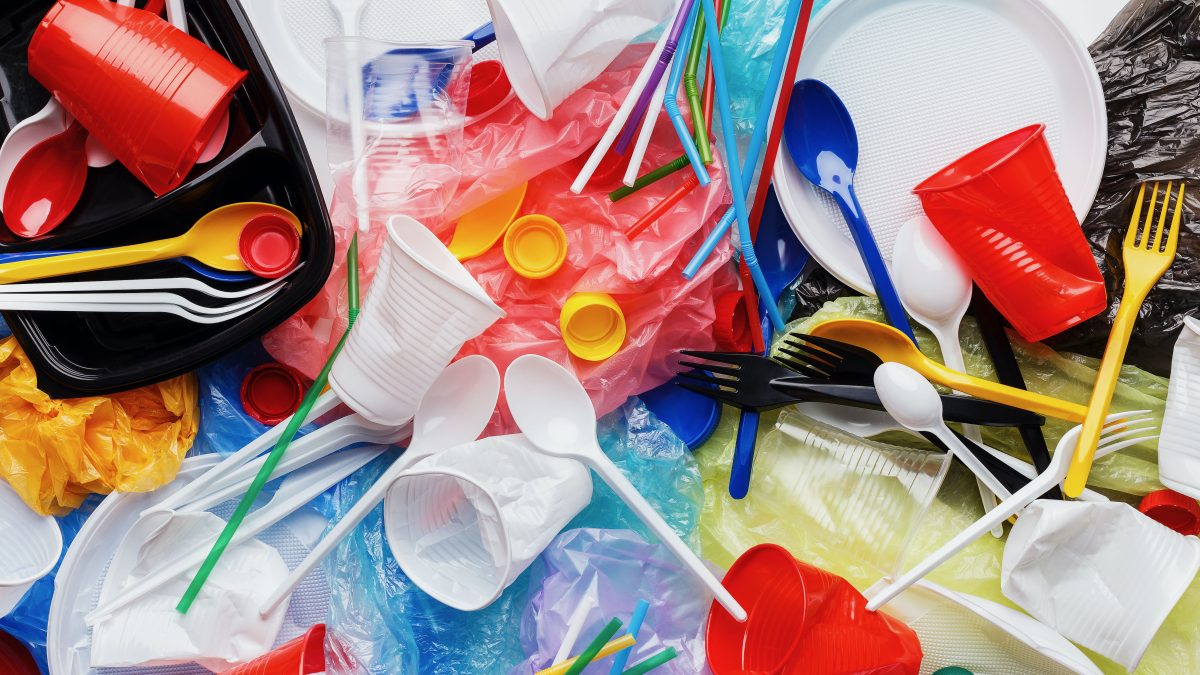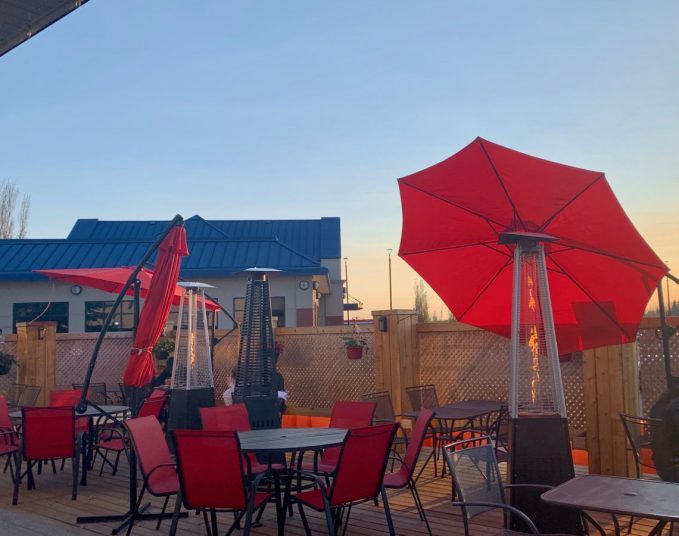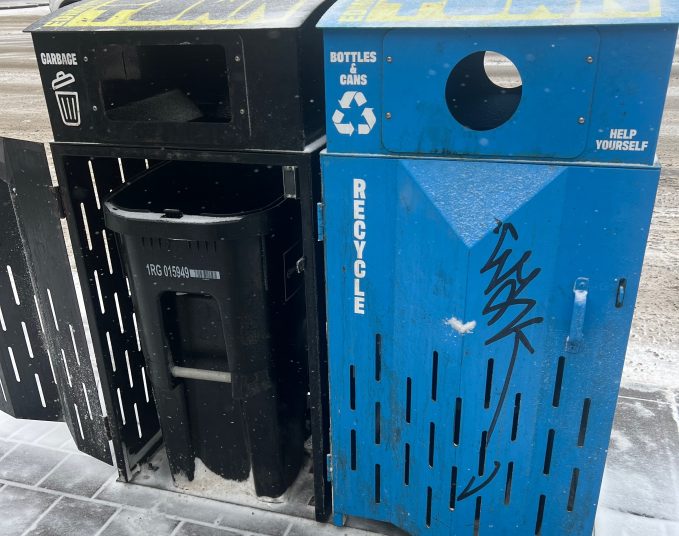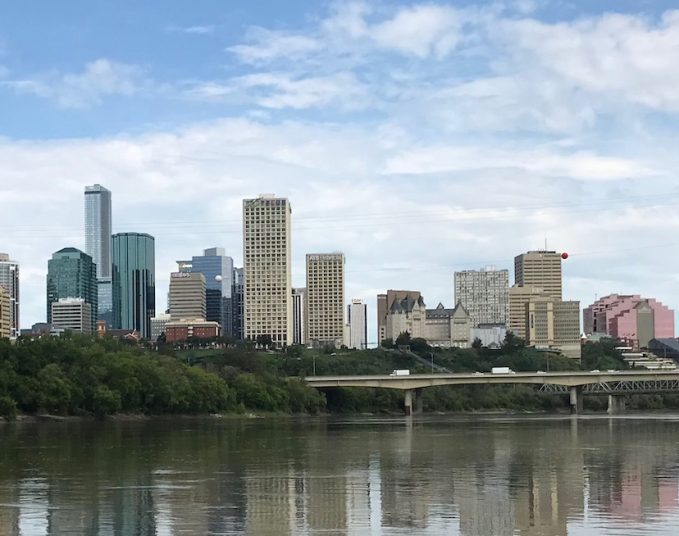The federal government’s prohibition on single-use plastic items, like straws, was challenged in Federal Court. Municipalities across the country, based on environmental concerns, have enacted varying bylaws that limit or restrict single-use items, from take-out bags to disposable cutlery.
With different levels of government all taking their turns when it comes to regulating the food service industry, it’s easy for restaurateurs to get confused. At least that’s the thinking of Restaurants Canada.
So, the national organization created a guide for restaurateurs that sorts through the bylaws in different cities, the court decisions and the federal regulations. It was designed to make it easier for restaurant owners to understand what they need to do, depending where they operate their businesses.
In Edmonton, restaurants don’t serve plastic straws or utensils, and the customer is supposed to request single-serve items, like a paper take-out bag, napkins or biodegradable cutlery. According to City of Edmonton bylaws, a restaurant is supposed to charge 15 cents for a paper takeout bag, and that is going up to, gasp, a quarter in July. A whole quarter!
But, if you spend time on social media, you might just find an outsized amount of outrage about the nominal fees and wooden spoons.
Brandon Leeds helped design the Restaurant Canada guide. He’s the co-founder of SOFi Products, a Miami-based manufacturer of sustainable paper products that provides foodware to approximately 3,000 restaurants across Canada, including outlets in Edmonton. He said he and his brother created the company when a milkshake was “ruined by a crappy paper straw.”
SOFi exists to make money in a world where plastics are on the outs. But, Leeds said a guide was needed because the rules vary so much across Canada.
With more court battles likely, the regulations for restaurateurs feel like they’re constantly changing.
“Right now, we kind of don’t know what’s ultimately going to happen,” says Leeds. “This is why the guide is so necessary, not everyone is on the same page. There is so much information to dissect.
“But everyone knows it’s coming. The majority of us are in favour of products that are more responsible and sustainable.”
He said that British Columbia’s decision to ban compostable plastic — you know, the kind of stuff Albertans use in their green bins — adds more confusion. But Leeds said this is because there are a lot of “bad actors” in the green movement, and the definition of what could be called a “compostable” plastic changes from place to place. It’s basically any plastic that breaks down over time — but there aren’t specifications on how quickly it needs to break down, or what temperature is needed to help it degrade.
In Edmonton, though, restaurants are finding that, despite the social media outrage, that their customers have adapted to the change. Here in the city, the point of the bylaw is not to switch us from plastic forks to bamboo forks, but to eventually wean us off single-use items.
“I would say that the bylaws have not affected our business at all,” says Blair Lebsack, co-owner and chef at RGE RD and The Butchery. “We did open The Butchery when this was already in discussion, so we ordered the appropriate style of takeout containers, cutlery, bags, so we’d be compliant. Plus that is also how we wanted to operate.”
Lebsack said that over half of The Butchery’s customers are choosing to “carry out items in their arms or bring a bag from home. It has been a positive change, I feel.”
Ed Donszelmann, owner of Otto Food and Drink, said the bylaw hasn’t affected his business.
“I’m glad to use paper straws, or none at all, unless requested, and paper bags for takeaway are fine by me,” he says. “We use compostable takeaway containers. I’m glad styrofoam is no longer allowed.”
He said that, a lot of the time, the restaurant forgets to charge the 15 cents for the bag. The charge is not a tax; it does not go back to the city. It exists in the bylaw as a reminder to customers that there should be a price attached to the single-use item. Is 15 cents, going up to a quarter in the summer, actually too low? It might be a question if a restaurant forgets to add the nominal fee because it’s, well, too nominal.
“I’m sure our horrifying UCP government would like to reverse all of this, but we will always stay away from single-use plastic as much as possible,” says Donszelmann.
Esther Kagaoan is the owner of Siam Thai Kitchen, which has two locations in Edmonton. Takeout orders are a big part of her business, and she said the business adapted quickly to the new laws.
But, she said it is confusing for restaurant owners when they get order sheets from wholesalers that still list plastic items.
“Some distributors and wholesalers still have plastic bags, plastic cutlery, plastic straws. Restaurants will still purchase whatever is available because it’s better to use, also it’s cheaper than the paper straws and cutleries.”
Savvy AF. Blunt AF. Edmonton AF.




